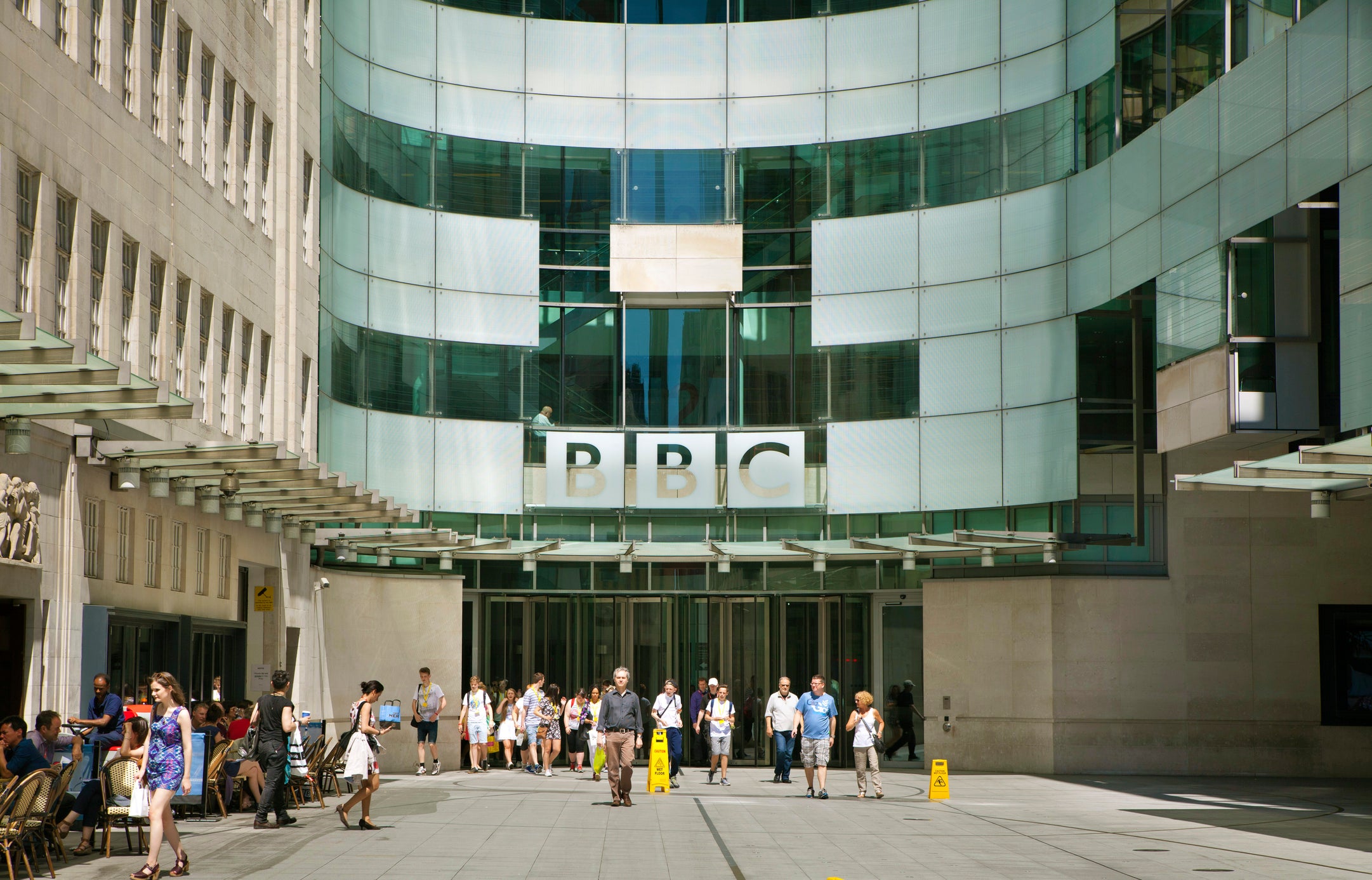Richard Sharp is right: the BBC should remain as an independent institution
Editorial: It is important to address the way in which the public broadcaster is funded

We are not due another public quarrel about the licence fee for another three or four years, as the British Broadcasting Corporation’s 10-year charter comes up for renewal at the end of 2027. But there is no harm in canvassing some of the options long before time, so we should welcome Richard Sharp’s contribution to the debate.
Mr Sharp was in our view a good chair of the BBC, and if his appointment had been above suspicion he would be chair still. Unfortunately, he failed to disclose the help he had given Boris Johnson, who was then prime minister, with his personal finances shortly before Mr Johnson appointed him to the post. Mr Sharp rightly resigned in April this year.
Nevertheless, Mr Sharp has thoughtful and informed views of the future of the BBC. The Independent shares three of his opinions. One is that the BBC is a valuable national institution that should be preserved, even as technology is changing the media environment beyond recognition. Another is that some form of “mandatory payment” is the least bad way to fund the BBC. This provides the corporation with a predictable source of revenue that is separate from the government, which is important to its independence.
The third issue on which we agree with Mr Sharp is that there is a problem with the licence fee in its current form. It is regressive, in that it is a flat fee, which therefore looms larger in the budgets of people on lower incomes. As Mr Sharp said, this “may need to be addressed”.
At the moment, there are only two crude “progressive” elements to the licence fee, in that people over the age of 75 are exempt, and blind people are entitled to pay only half the fee.
The question of whether the fee ought to be varied more explicitly according to people’s ability to pay is one that should be discussed now. Lucy Powell, the shadow culture secretary, suggested this year that a Labour government would consider means-testing the fee. This would draw the sting of the charge that it is a “poll tax”, and would accord with most people’s idea of fairness.
On the other hand, once we start to pull at that thread, where would we stop? We have had experiments in the past with fines related to the ability to pay, which can result in rich people paying newsworthy amounts for dropping crisp packets. And other non-government public bodies might then be expected to means-test their charges, with all the additional administration that this would involve.
A means-tested licence fee would also draw the BBC into being, in effect, part of the tax system, which would make it seem more like part of the government even if it retained its formal independence. It might be that a better approach would be to provide more generous income support through universal credit, and a more progressive income-tax system.
As Mr Sharp said, there are other funding models around the world, such as a broadband tax, that should also be considered.
There is time to consider these before the BBC’s current charter expires in 2027, but the most important points that Mr Sharp made, and with which we agree, are that the BBC is worth defending, and that it must retain its financial independence from the government.



Join our commenting forum
Join thought-provoking conversations, follow other Independent readers and see their replies
Comments